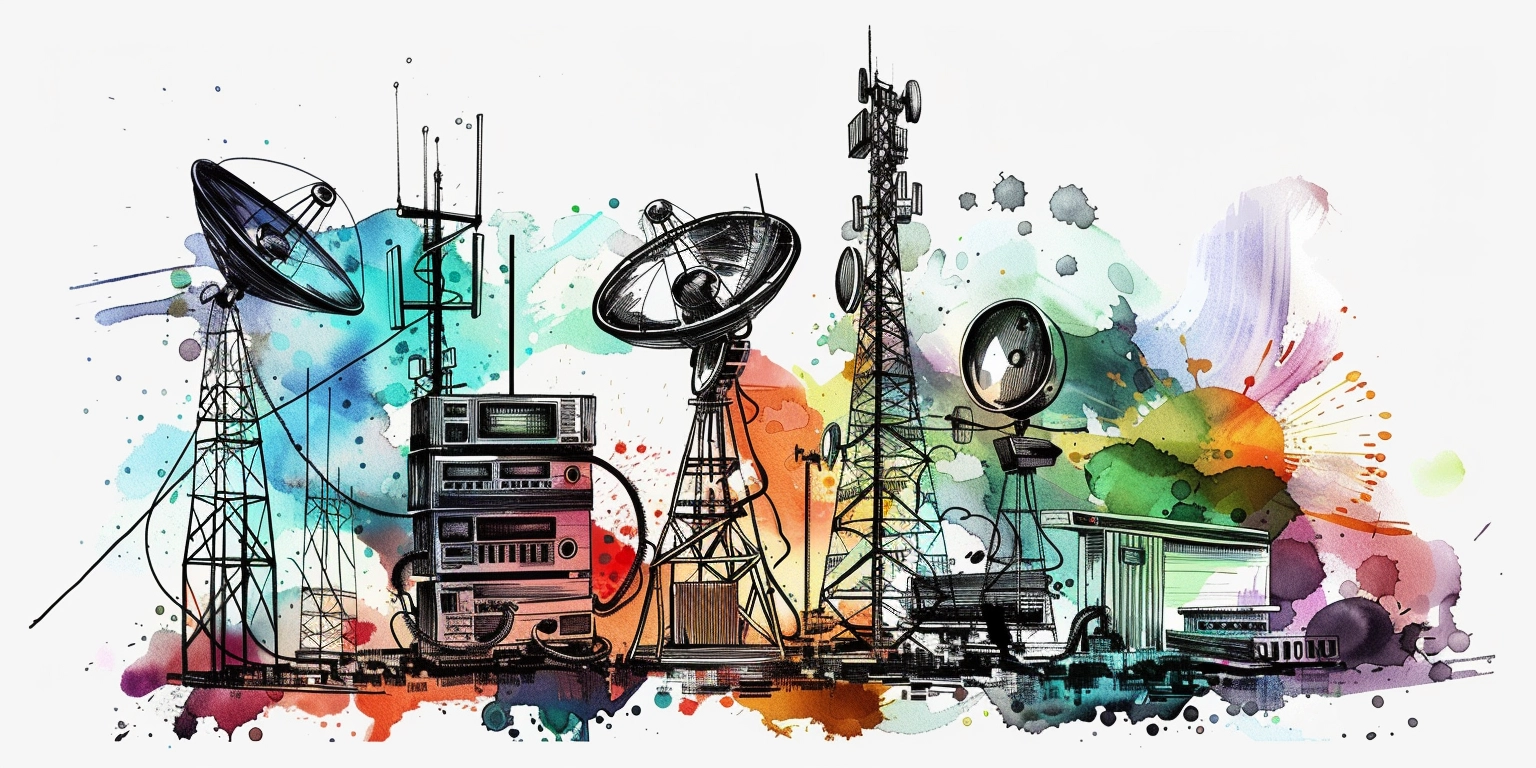The Big Telecom Reform

The Telecommunications Bill 2023 offers a radical new approach to telecom regulation. It replaces the license-based regime with a more legislative approach that can only be good for the sector. There is much that remains to be done to get this right but the law is a step in the right direction.



